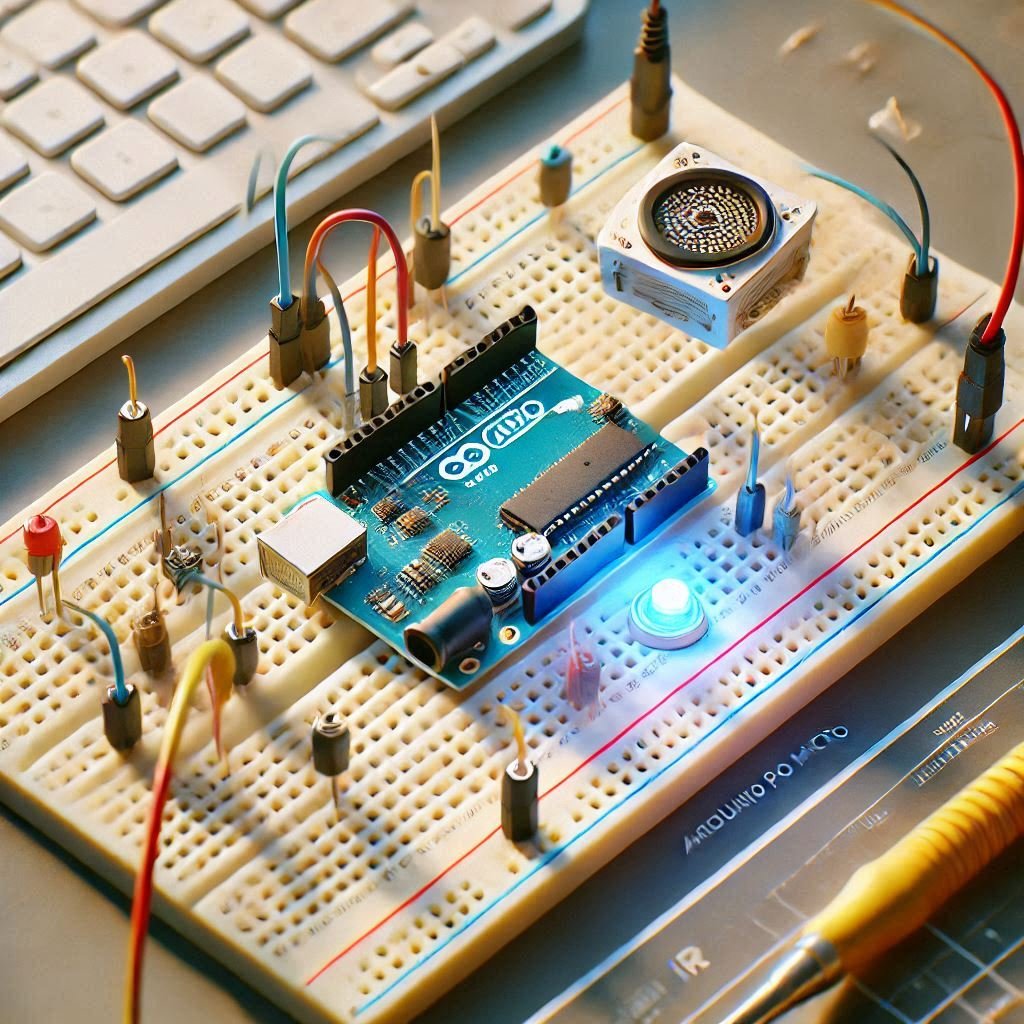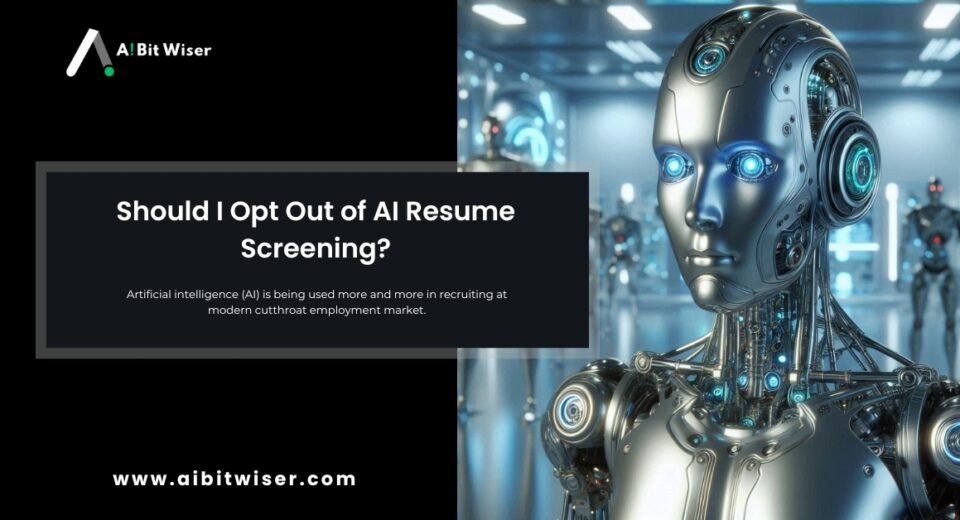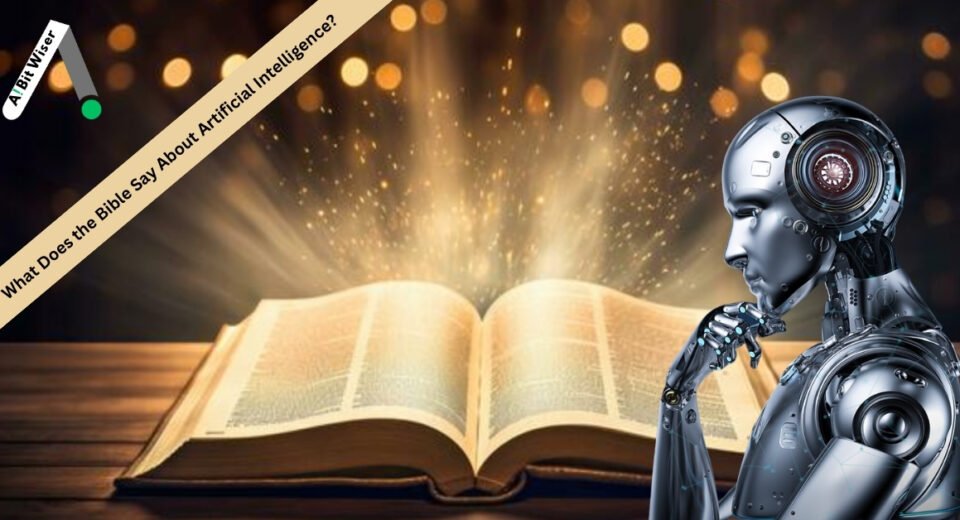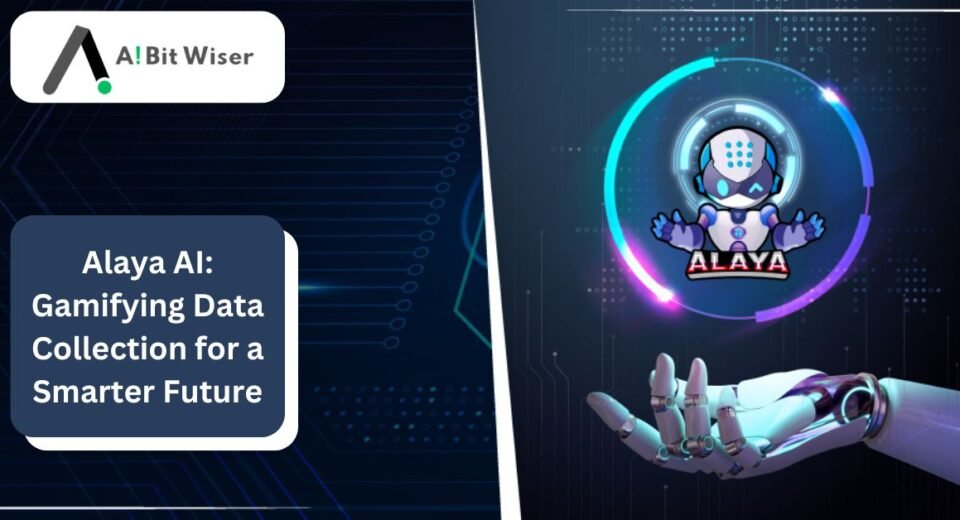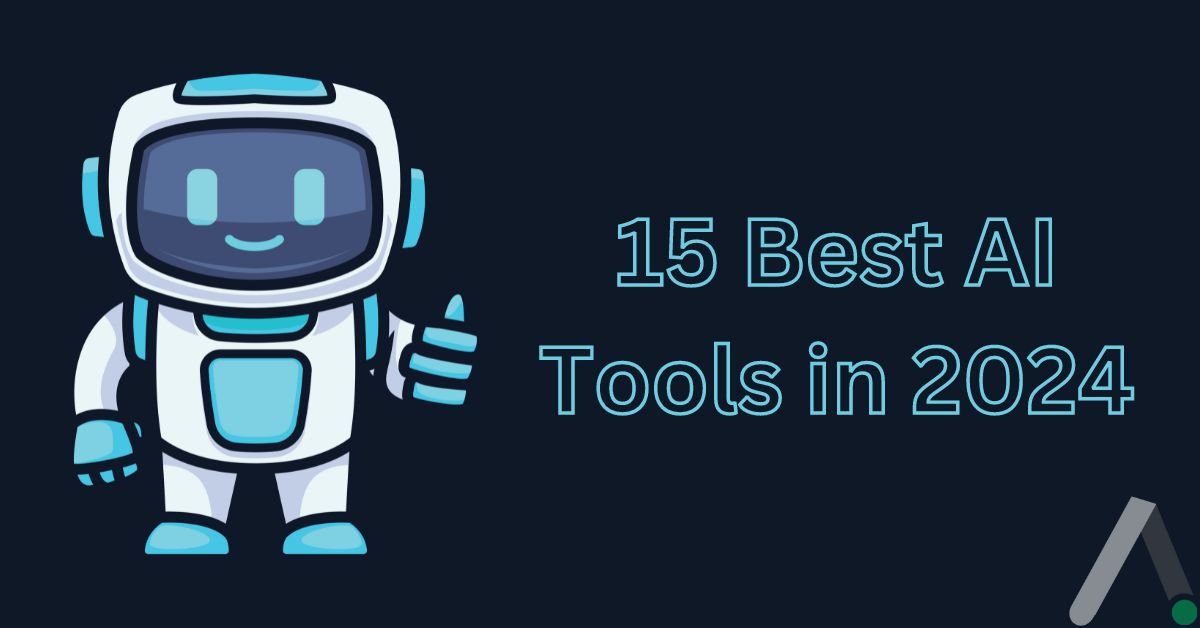What Are The Best AI Tools In 2024? AI Tools are software programs that employ machine learning to carry out exact tasks are the Best AI Tools in 2024. These AI systems mimic human decision-making processes and adjust to data, learning from it. Artificial intelligence (AI) products such as Google Assistant, Siri, and Amazon Alexa, which make daily chores easier and more productive, are probably already familiar to you. However, AI technology has advanced tremendously and is now even more advanced. These days, AI programs can do things like automatically create unit tests for code, summarize articles, automate lesson planning, and edit movies with a single click. Understanding AI Tools AI tools are a broad category of software programs that are made to take advantage of machine learning techniques. By using data, these systems may emulate, adapt, and learn from human decision-making, which increases efficiency and productivity. While well-known brands like Siri, Google Assistant, and Amazon Alexa have made it easier for AI to become a part of our everyday lives, the technology’s potential has no bounds. These days, artificial intelligence (AI) systems are excellent at everything from automatically creating lesson plans and summarizing articles to precisely editing movies. Best AI Tools In 2024 for Video and Audio Editing AI-driven video and audio editing tools have revolutionized content creation, making it possible for people with different degrees of technical proficiency to create engaging multimedia material. Synthesia is a unique browser-based artificial intelligence program that turns text into captivating films. It has a large collection of AI avatars and supports multiple languages. Synthesia serves marketers, sales teams, and content creators with its easily adaptable templates and user-friendly editing options. 1. Synthesia: An AI program that runs in a browser and turns text into visually captivating films. boasts compatibility with more than 120 languages and 140+ AI avatars. With basic video editing features and customizable themes, it’s perfect for marketers, sales teams, and content providers. 2. Descript: Offers collaborative tools and transcription-based editing, among other user-friendly editing capabilities that streamline video production. Perfect for filmmakers and content producers who want to organize their process. 3. Wondershare Filmora: With its intuitive UI and extensive library of editing tools, effects, and templates, Filmora empowers users. Suitable for both novices and experts, allowing users to easily produce videos with a professional appearance. Best AI Tools In 2024 for Developers AI tools are a great resource for developers who want to improve code quality and streamline their processes. They can help with debugging, documentation, and code completion. Stepsize AI proves to be a valuable ally, offering practical insights and suggestions for efficiently enhancing code quality. In the meantime, Cody AI promotes a culture of continuous improvement inside development teams by streamlining the code review process by spotting problems and suggesting improvements. Other noteworthy products are Mutable AI, which provides real-time code analysis and debugging support, and Tabnine, a predictive autocompletion tool. 1. Stepsize AI: Improves code quality by offering suggestions and insights that may be put into practice. helps developers create a continuous improvement culture in their teams and optimizes their workflow. 2. Cody AI: An effective tool for code reviews that finds problems and makes suggestions for fixes. makes it easier for developers to collaborate effectively and produces code that is of a high caliber. 3. Tabnine: Uses AI to power autocompletion to speed up coding by anticipating the next few lines of code. minimizes code errors and keystrokes, increasing developer efficiency. 4. Mutable AI: Aids developers in quickly identifying and resolving problems by offering real-time code analysis and debugging support. provides helpful assistance in assuring software dependability and enhancing code performance. 5. Codium AI: Gives developers practical advice and best practices to help them write code that is clearer and more effective. increases the readability and maintainability of the code, which reduces errors and increases productivity. Best AI Tools In 2024 for Productivity Artificial intelligence (AI)–powered productivity solutions have become essential assets at a time of efficiency and optimization across multiple areas. Conversational support is offered by chatbots like ChatGPT and Claude 2, which streamline conversations and automate repetitive questions. Systems for content generation, including Copy.ai and Jasper, use machine learning algorithms to quickly produce high-quality written content that meets the changing needs of communication and digital marketing. ProWritingAid and Grammarly are two examples of grammar checkers that improve writing quality by guaranteeing flawless and error-free text. 1. ChatGPT: Uses chatbots to automate routine questions and provide conversational support. increases consumer pleasure and efficiency by strengthening customer service and engagement across several channels. 2. Jasper: Using AI algorithms, it creates excellent written material to meet the changing needs of communication and digital marketing. gives content producers a time-saving method for writing captivating copy. 3. Grammarly: This tool ensures polished and error-free material by improving writing quality with sophisticated grammar and spelling checks. Perfect for professionals and students looking to increase their output and writing abilities. 4. ProWritingAid: Offers thorough writing analysis along with recommendations for enhancing tone, style, and clarity. gives authors the resources they need to hone their skills and consistently generate content of the highest caliber. 5. WhatTheDiff: An AI program that detects conflicts and modifications in code, enabling effective code review and version control. reduces delays and errors by assisting developers in identifying and fixing problems early in the development process. 6. Bugasura: This tool helps developers find and quickly address problems by automatically detecting and reporting code defects. improves the dependability and quality of the code, which improves user experience and software performance. Expanding Possibilities With AI technology developing further, the possibilities are virtually endless. The field of artificial intelligence (AI) tools is full of possibilities and innovation, ranging from AI-powered project management platforms like Grit.io to specialized tools like WhatTheDiff for evaluating code changes. But it’s important to proceed with caution and deal with possible hazards like bias and privacy issues. Businesses may use the revolutionary power of AI technologies to drive innovation, improve customer experiences, and open






